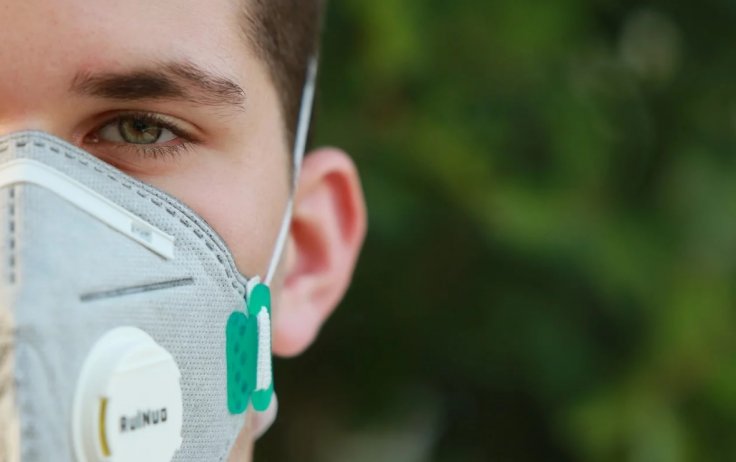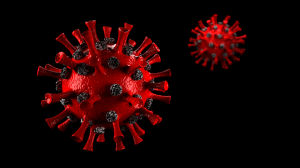Harvard University and Massachusetts Institute of Technology (MIT) researchers are embarking upon developing a face mask that detects coronavirus in the person wearing it and glows the moment he puts it on.
In fact, they started developing the technology way back in 2014 to detect Ebola virus but now they are tweaking it in order to address the coronavirus pandemic, MIT researcher Jim Collins told Business Insider.
MIT and Harvard researchers published their paper in Cell on their technology, back in May 2016 when they made it in addressing Zika virus.

Now, the researchers are developing a mask with the same tech, but will produce a fluorescent signal when the one who wears it has coronavirus. It detects the virus when they breathe, cough or sneeze.
However, this project is still it its early stage though researchers say that the results so far looked promising. They are hoping to demonstrate the concept within a few weeks. After that stage is reached, Collins said that it would just be a matter of setting up trials with those who might have been infected with COVID-19 and see if the tech would "work in a real-world setting."
Can be attached to over the counter masks
The team is putting the sensor's ability to test in identifying the novel coronavirus in saliva sample, while they are experimenting by keeping sensors inside the mask along with developing a module, a portable one to be attached to over-the-counter masks.
This virus finding technology has worked on other viruses such as the ones that cause SARS, measles, influenza, hepatitis C and West Nile. Collins said that this has also worked on plastic, quartz and cloth.
How the sensor works?

A genetic material that binds to SARS-CoV-2 is embedded in the sensor. In order to be activated, it requires moisture. This would also serve the purpose of diagnosing coronavirus patients, including screening people in mass transit areas such as airports and railway stations, once coronavirus restrictions get eased, Collins said.
One could envision the mask being used in places such as airports as one goes through a security check, he added. "Hospitals could use it for patients as they come in or wait in the waiting room as a pre-screen of who's infected."
The team is keen to make it ready for public distribution by the end of this summer.









